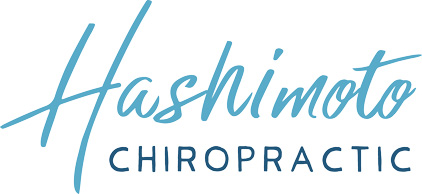Stem Cell Therapy Could Regulate Insulin in Diabetic Patients
Stem Cell Therapy Could Regulate Insulin in Diabetic Patients

For the 3 million Americans who suffer from Type 1 diabetes, monitoring insulin levels is a way of life. That's because for someone with Type 1 diabetes, a dip in insulin levels could prove fatal. And, despite its importance in the maintenance of health for those patients, insulin may not always be readily available.
But help may be on the way, thanks to researchers at the Barbara Davis Center on the University of Colorado Anschutz Medical Campus in Aurora, Colorado, who are currently testing ways to use stem cell therapy to regulate insulin levels naturally.
Dr. Naota Hashimoto is a stem cell therapy practitioner in La Quinta, California. He believes that stem cell therapies such as those being tested by the UC team could potentially unlock treatments and cures for many common illnesses, including diabetes.
"Type 1 diabetes is a very serious disease that we've known about for a long time but have not made much progress on curing," Hashimoto says.
"This treatment could revolutionize the way we treat Type 1 diabetes and make life easier for people who suffer from this devastating disorder."
According to Hashimoto, stem cells would simplify diabetes treatment in many ways.
"With stem cell therapy, patients wouldn't need to regulate their own insulin. Their body would do this for them," he says.
"This would eliminate much of the cost and stress involved in obtaining insulin, and could eventually lead to a cure for Type 1 diabetes."
Best of all, according to Hashimoto, stem cell therapy requires no donor cells, so patients would be using cells from their own body to heal themselves.
This therapy could prove to be a huge breakthrough for patients with Type 1 diabetes, Hashimoto says. Unlike the much more common Type 2 diabetes, Type 1 has no reversal or cure.
"Type 2 diabetes is much more prevalent in America. Nearly 30 million people in America have Type 2, which is about 10 times the number of people with Type 1," Hashimoto says.
"Thankfully, with Type 2, patients can often reverse or slow the progression of the disease through a combination of diet, exercise and medication. But Type 1 diabetes is thus far incurable and cannot be prevented. It can also strike anyone of any age, race or body type."
These factors also make Type 1 diabetes that much harder to cure, but doctors like Hashimoto are optimistic about the University of Colorado research.
"If we don't know how to prevent a disease, it becomes impossible to cure," he says. "But this treatment aims to eventually do both, and may be able to do so within the next 10 years."
Monday
8:30am - 11:30am
1:30pm - 4:30pm
Tuesday
8:30am - 11:30am
1:30pm - 4:30pm
Wednesday
8:30am - 11:30am
1:30pm - 4:30pm
Thursday
8:30am - 11:30am
1:30pm - 4:30pm
Friday
8:30am - 11:30am
Saturday & Sunday
Closed

Hashimoto Chiropractic
47020 Washington Street #101
La Quinta, CA 92253
(760) 777-8377

